Find your dream job in Denmark 🇩🇰
Unlock the full potential of effective job search strategies developed by Kate Dahl – career consultant and founder of Career Denmark.
We help individuals, companies and organisations bridge the gap in the labour market 🤝
Motivational talks
General advice on how to go about the Danish labor market.
Workshops
Training sessions with a-kasse, union, job center members.
Webinars
Specialized webinars with job searching advice from experts.
Working with all stakeholders in the labor market
Career Denmark works with individuals, companies and organizations 👋
Our services have been tailored to assist all key stakeholders in the Danish labour market. Whether you are an individual looking for your dream job or a company or organization looking to gain visibility and give training about job searching in Denmark.
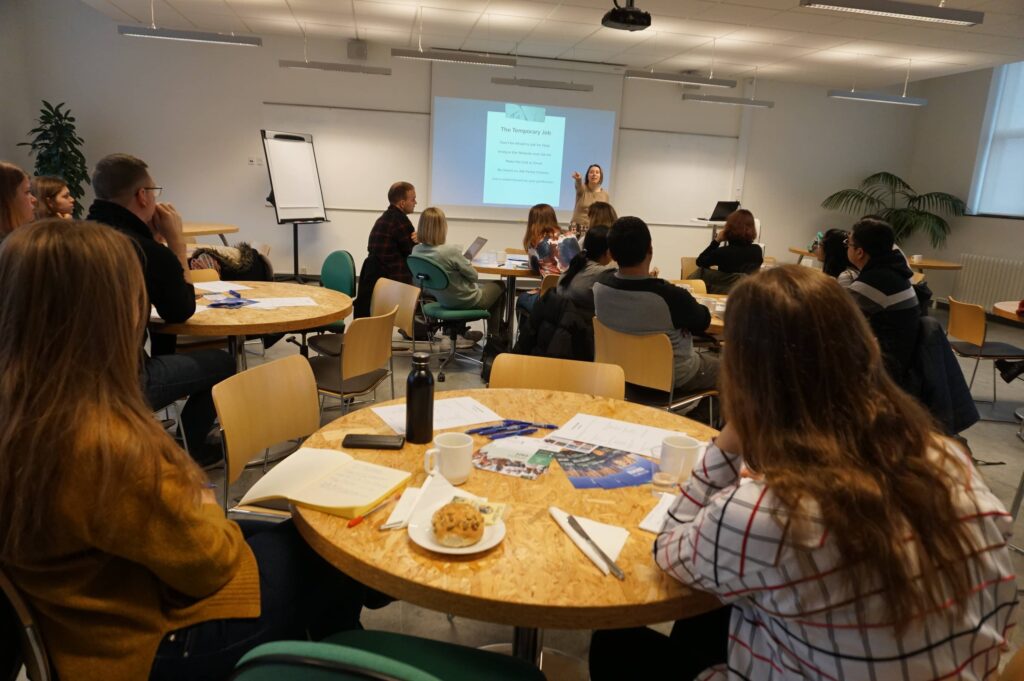
Clients & Partners 🤝
Having been able to connect with so many candidates and partners in the last few years makes us very happy.
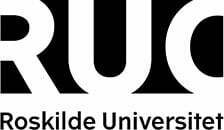






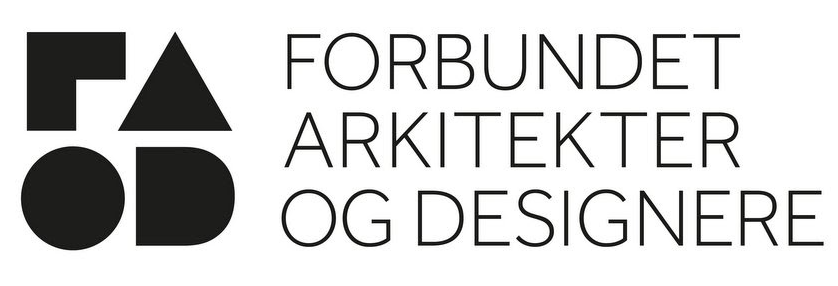
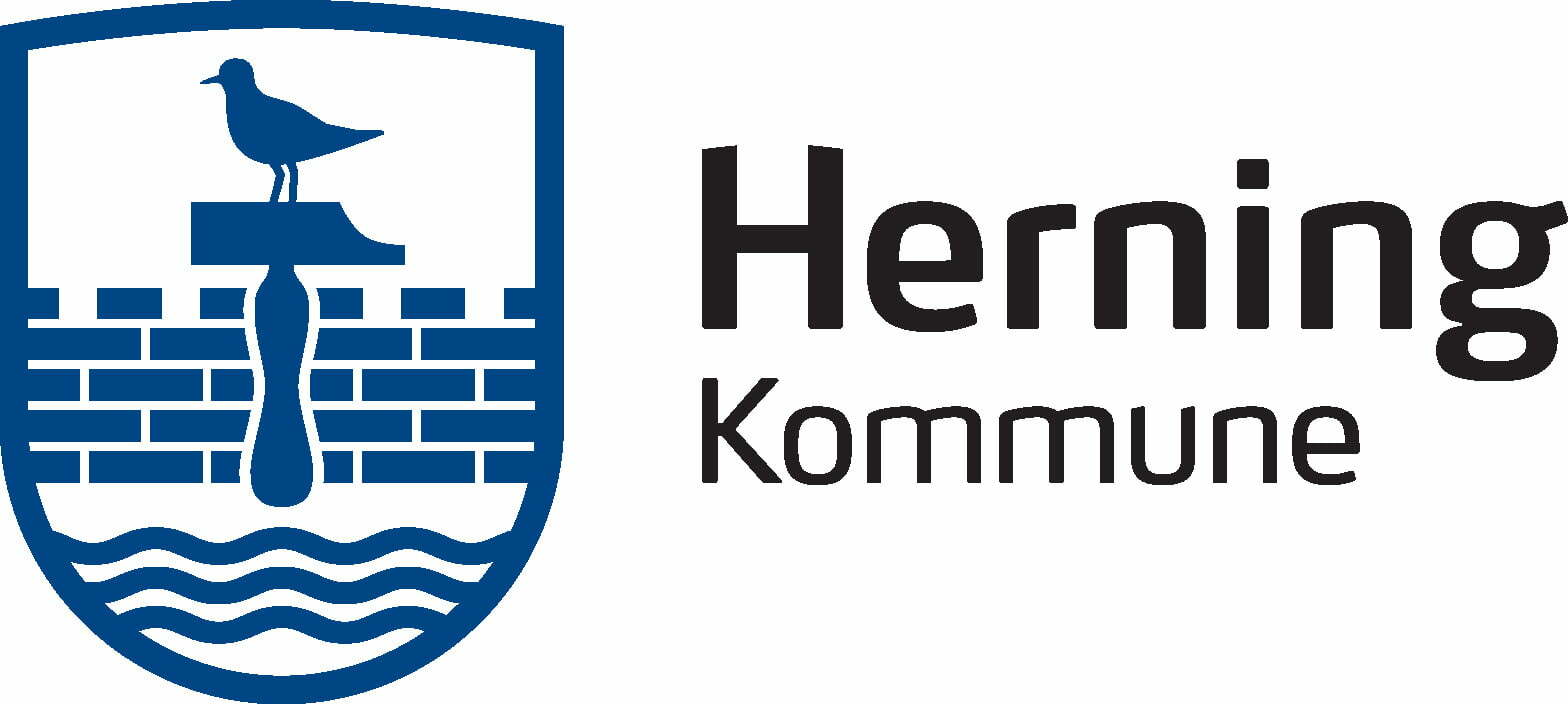
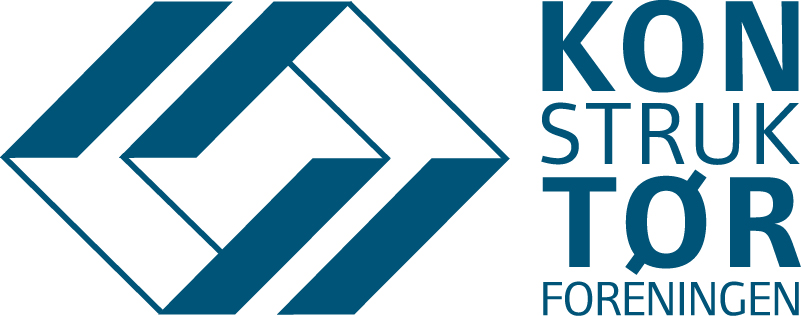
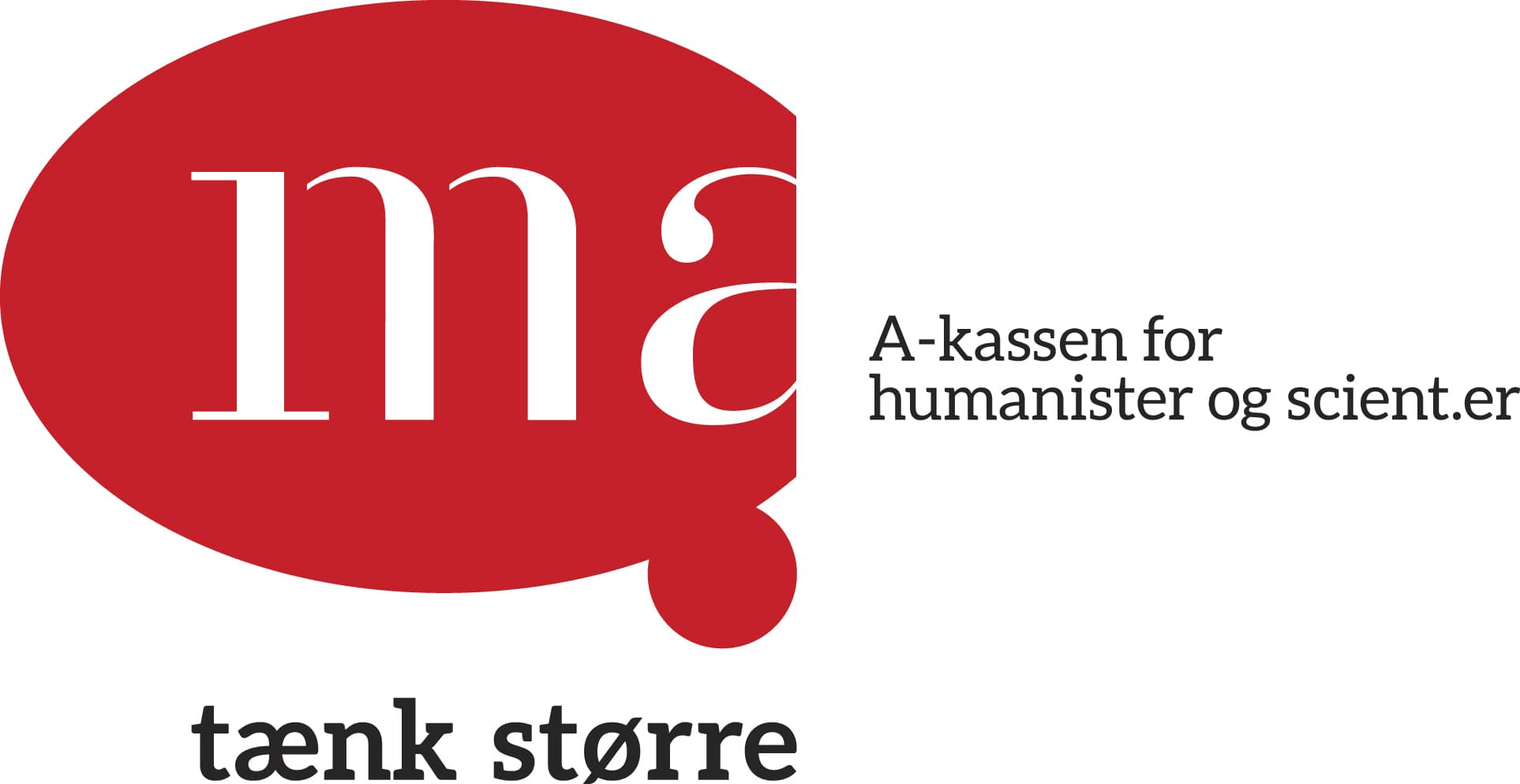
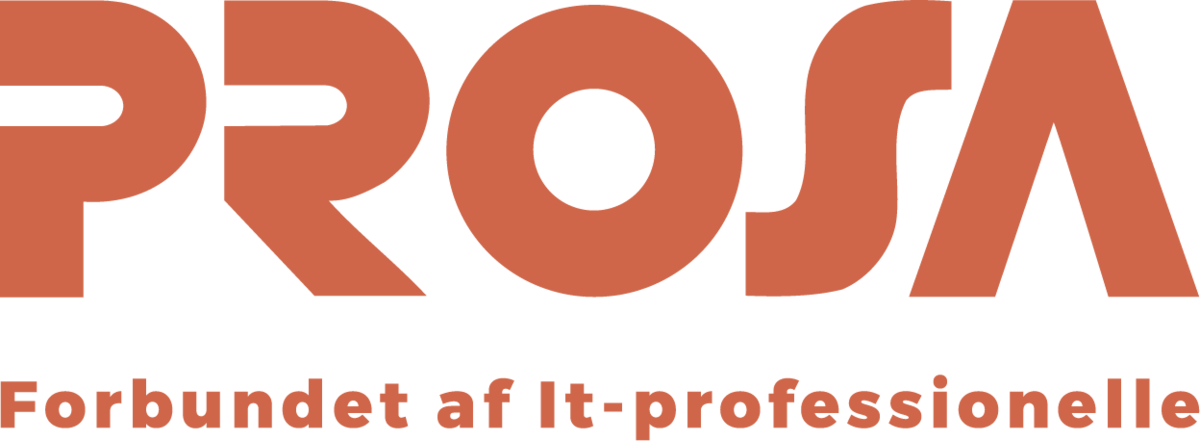

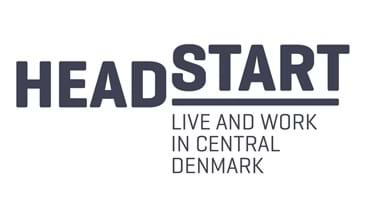
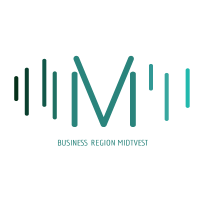
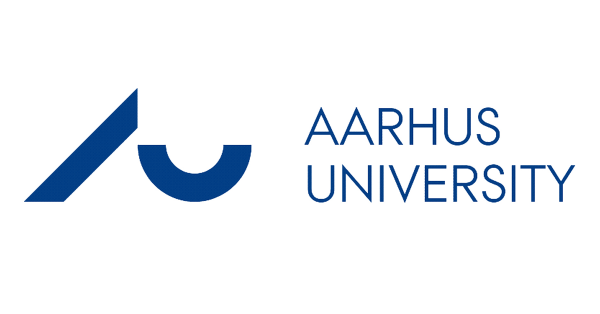
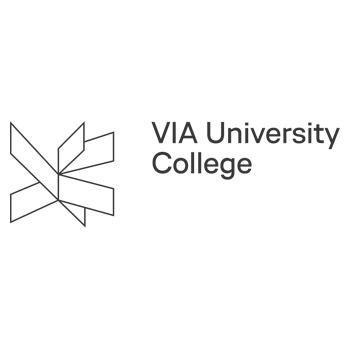

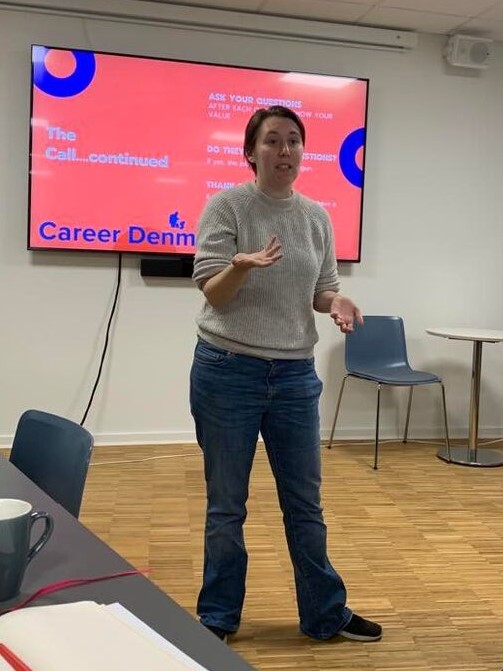
Let me introduce myself
I’m Kate Dahl – Career Consultant in Denmark
American, with an academic degree from Germany
Lived and worked in Denmark for 9+ years
Professional Motivational Speaker
Workshop Facilitator and Lecturer
Founder and Owner of Career Denmark

in total
events organized
experience
LinkedIn and Facebook
Need advice on what job search strategies you need for your job search in Denmark? 👇
Contact us a book a tailored evaluation below.






